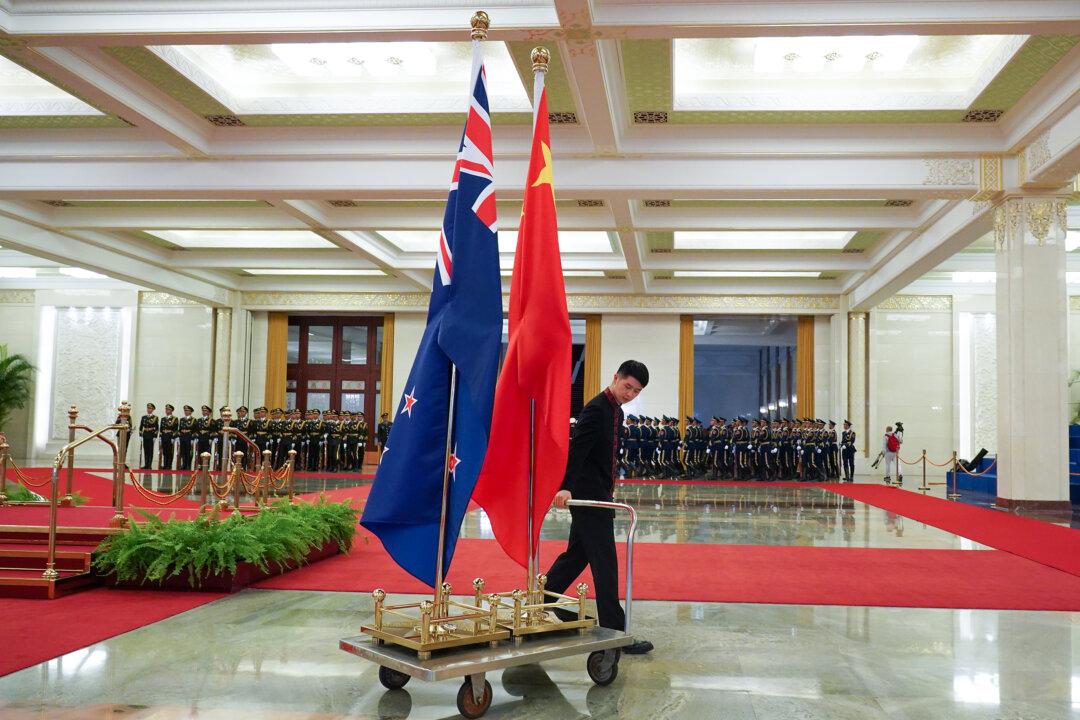The New Zealand Security Intelligence Service (NZSIS) has warned of foreign interference and espionage in the country by groups they believe work for the intelligence arm of the Chinese communist regime.
NZSIS released its first unclassified “security threat environment” report (pdf) on Aug. 11, which identifies China, Iran, and Russia as three states responsible for foreign interference in New Zealand.





